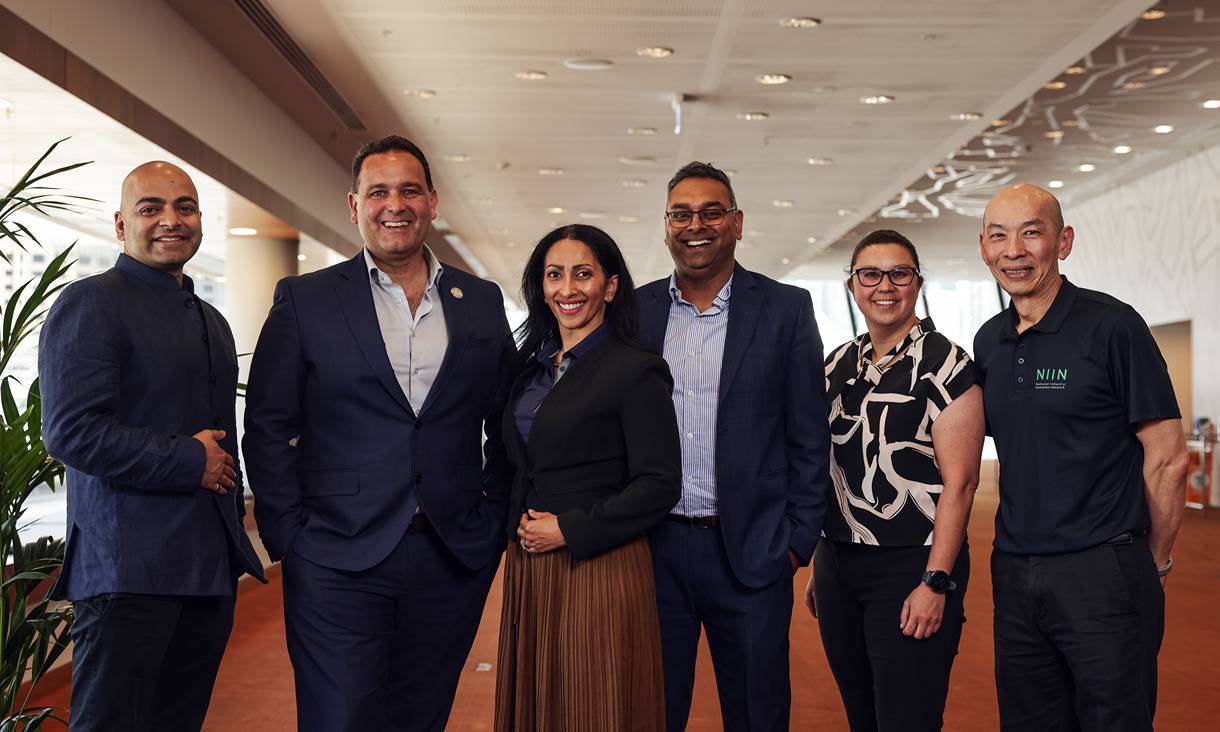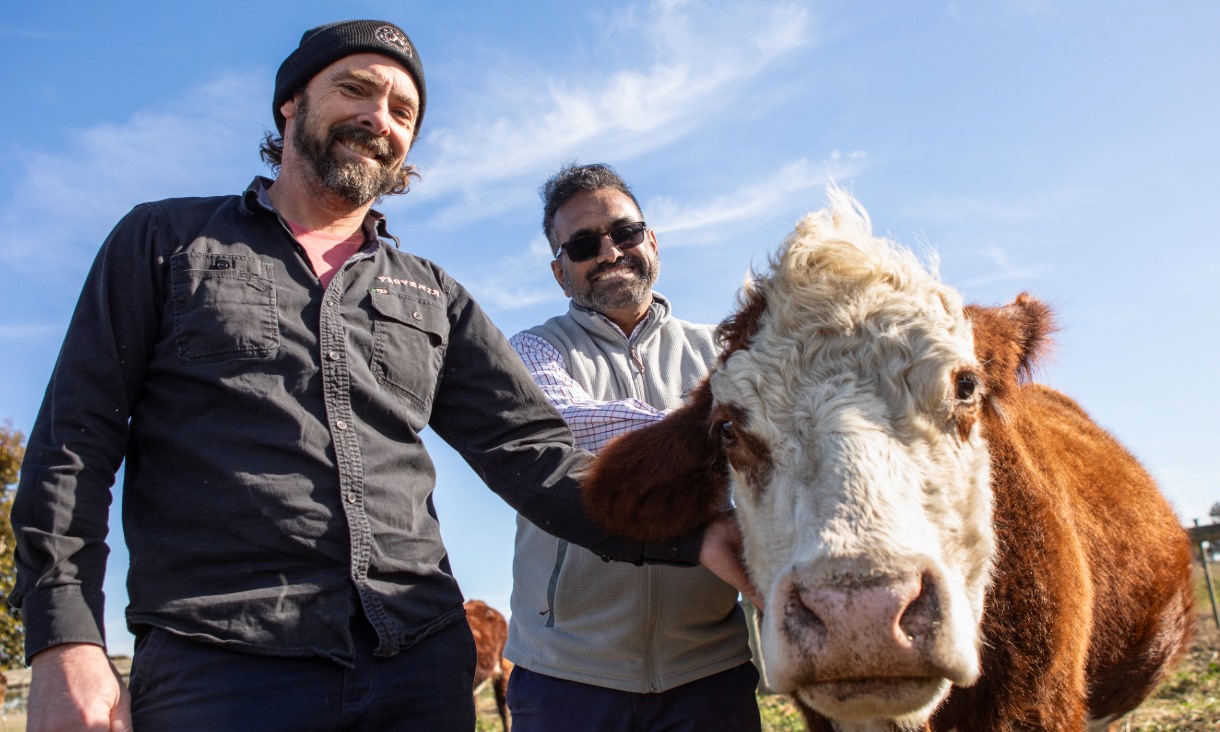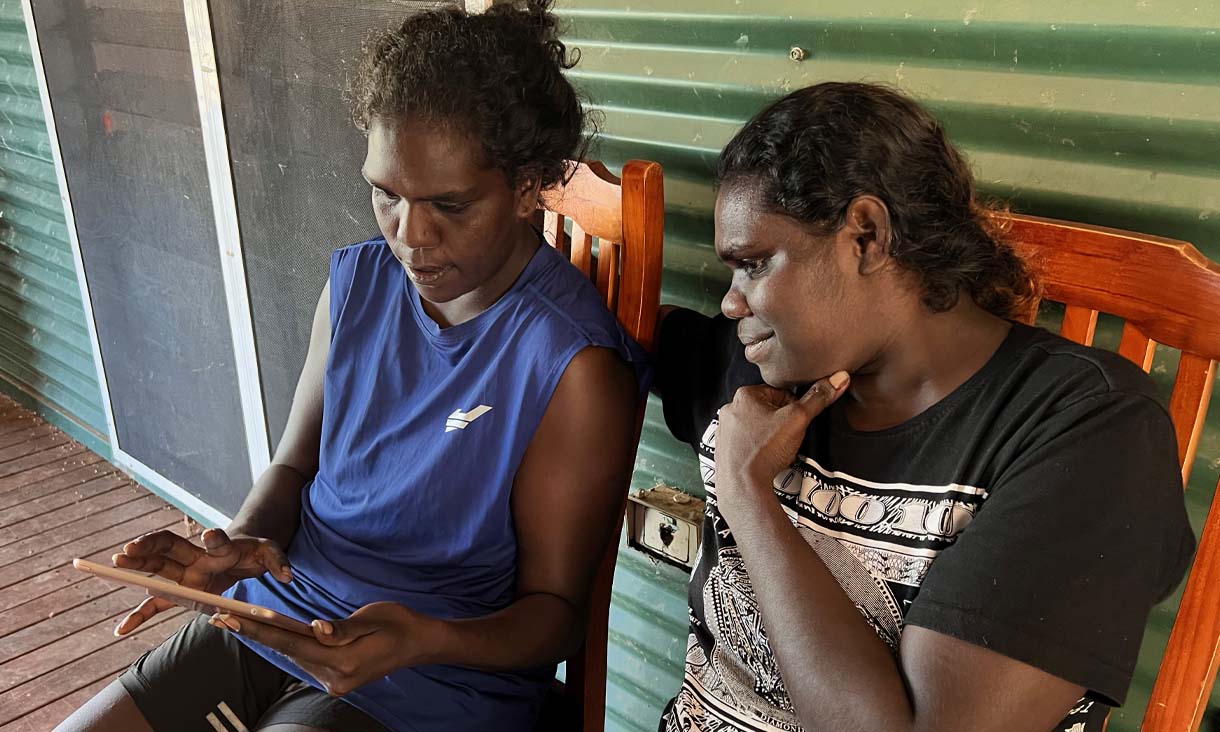New partnership with Cisco and Grampians Health to upskill healthcare sector
RMIT’s Health Transformation Lab and College of Vocational Education are piloting a program to rapidly upskill front-line staff, broader health workforce and IT professionals in the healthcare sector to meet the industry’s emerging skills needs.
A new pandemic could ride in on animals we eat, researchers warn
Researchers warn the animals we eat could be the gateway for a pandemic in the form of antimicrobial resistance, unleashing a wave of deadly superbugs.
More than 1/3 illicit drugs sold on the dark web contain unexpected substances
Testing of illicit drugs bought online found 35% were not what they said they were, highlighting the urgent need for more local drug testing facilities in Australia to prevent harm and overdose.
Remote First Nations communities are among the most digitally excluded people in Australia: report
RMIT-led research has found a significant gap in digital inclusion for First Nations people compared with other Australians, which widens substantially with remoteness.










